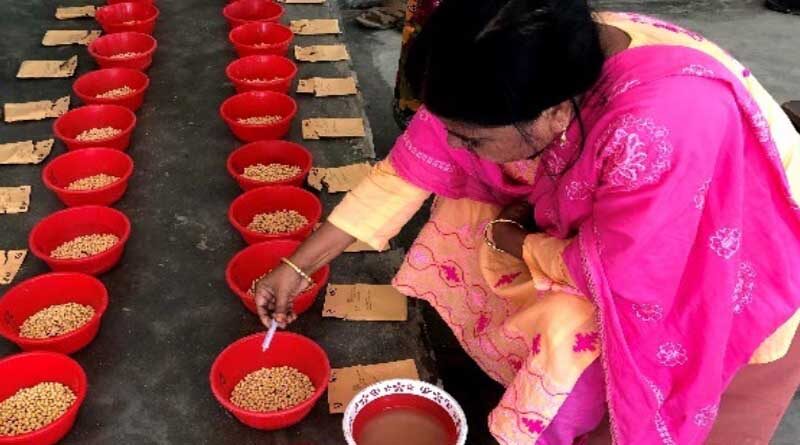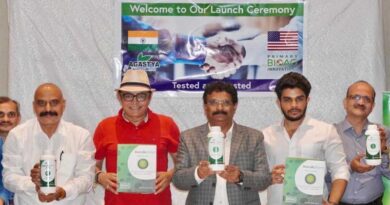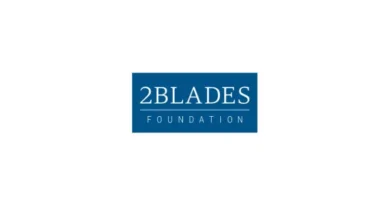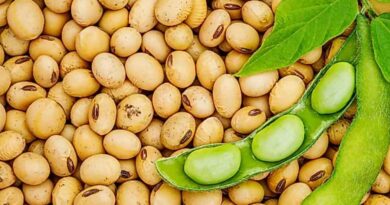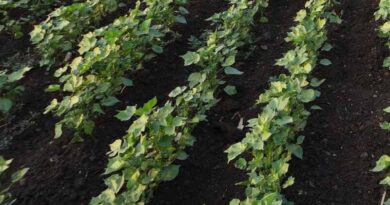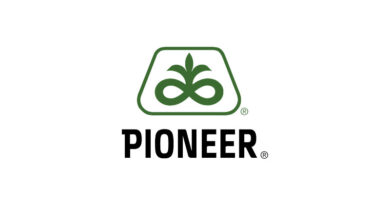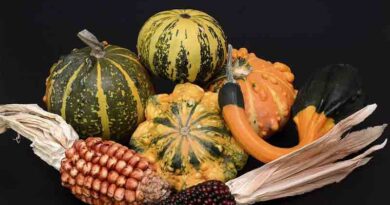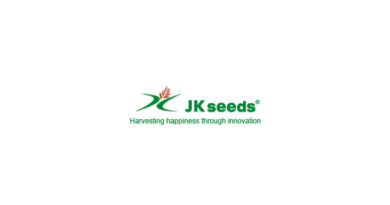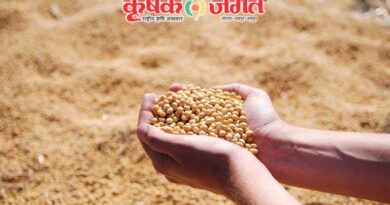Soybean Innovation Lab’s Pan-African Trials
29 October 2021, Kenya: The Soybean Innovation Lab’s Pan-African Trials (PATs) began in 2016 in one country, Kenya. Since then, demand has grown steadily for the PATs with trials now running in 24 countries today. Three PATs have expanded beyond the African continent to reach Myanmar, Bangladesh, and Haiti.
As word spreads about SIL’s soybean variety trials in Sub-Saharan Africa, companies in other countries around the world are pulling in the PAT technology to introduce new, high-yielding soybean varieties to their growers. Now, companies in Myanmar and Bangladesh are running soybean variety trials, and a new partner in Haiti is conducting a PAT observational trial as a first step to understand what varieties from the PAT catalog are best adapted to the Haitian agro-ecology.
“The PATs meet a fundamental need for emerging seed complexes in the private sector,” said SIL director Dr. Peter Goldsmith.”Companies seeking to get into the soybean seed business need materials to get into the game and scale up.”
Healthy soybean plants growing at the Gazipur, Bangladesh location, one of three PAT locations operated by private company Lal Teer Seed in Bangladesh. Each locations tests 30 soybean lines in a replicated, formal trial. (Photo provided by Lal Teer Seed.)
In Bangladesh, the Lal Teer Seed Limited company recognized the market potential of soy and wanted to expand their current operations into soybean. Total edible oil & fat consumption in Bangladesh is approximately 3 million MT, and of that about 90% is imported. However, soybean cultivation is on the rise; during the 2019-20 season, 82,000 hectares of land were under soybean cultivation, 11% more than the previous year. Lal Teer Seed Limited reached out to the Soybean Innovation Lab in 2020 to explore how the PAT program could help them identify a high yielding and short duration variety of soybean.
“Selecting the right suitable variety for adaption in Bangladesh condition is a challenge,” said Mahbub Anam, Managing Director of Lal Teer Seed. “The PAT program offers many lines for trialing across multiple locations, which helps to address our challenge.”
Lal Teer Seed’s first PAT is under way, and they have requested another round of seeds for a second planting season in November of this year.
In Myanmar, the Ayeyarwaddy Seeds and Irrigation Co., LTD. (AWBA) conducted Pan-African Soybean Variety Trials at three sites in the last growing season.
Their trials included 21 lines from the PAT Catalog, sourced from private and public-sector partners across Africa, Australia, and the U.S., in addition to commercial varieties from Myanmar used as checks for comparison with the new introduced lines. AWBA currentlyfocuses on the production of high-quality seeds, including corn, vegetables, pulses and oilseeds. Soybean is already under cultivation in Myanmar, with 170,985 tons produced in 2018. The main use of soybean is for fish feed, although they expect a growing demand for tofu.
The PAT in Haiti is a newer partnership with Francois Brave Laroche of CREOLE, Inc., a nonprofit corporation dedicated to agricultural and economic development. Soybean is currently cultivated in Haiti though not a major crop, and there is interest from larger landholders who need an easier legume for feed in the growing poultry sector.For the first year of trials in Haiti the PAT team and CREOLE, Inc. determined that the best strategy would be to provide seed for non-replicated, 1-row plots that would be used as observation tests. These initial tests will identify what germplasm will perform well in Haitian environments without the need to make a large investment of seed and time.

The PAT program provided 50 lines for the observation PATs, including 30 from diverse maturities groups in the USA and 20 adapted to Southern Africa, as the latitude in Haiti is about 20 degrees north, and lines adapted to Zambia and Zimbabwe may work well there.
In Sub-Saharan Africa and beyond, the PAT involves a true partnership between SIL and the trial operator. SIL manages the interaction and communication with the seed suppliers, creates the seed packets, conducts the training, oversees the trial and data collection protocols, conducts the data analysis, and provides extension reports on performance, disease resistance, and protein/oil concentration.
PAT trial operators manage the trials including receiving the seed, managing and harvesting the crop, and collecting the data. The PAT team also works with the institution on supporting them with registration process and examples/discussions of licensee agreements and royalties with the originator of the soybean lines.

